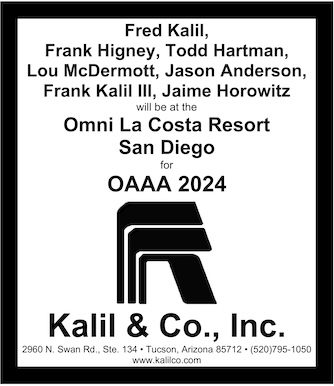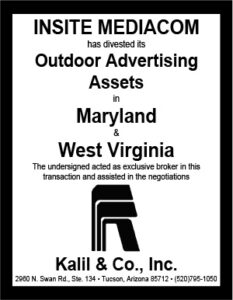 A court will look at behavior to determine a lease default if there are no payment terms in a lease. That’s the lesson of Chastant v Headrick Outdoor. Here are the facts
A court will look at behavior to determine a lease default if there are no payment terms in a lease. That’s the lesson of Chastant v Headrick Outdoor. Here are the facts
- In 1985 Headrick Outdoor leased two billboards on property owned by Leon Chastant. The leases provided for annual rents but did not specify when payments were due.
- From 1985 to 1990 Headrick paid annual rent in arrears on the anniversary month of each lease.
- In 1991, Headrick sent Chastant rent checks approximately one month after the anniversary date of each lease.
- In January of 1992 Chastant sent Headrick a letter reminding Headrick that the annual rents were due in October and January on the anniversary date of the leases.
- In 1993 Headrick sent the annual rent checks two months after the lease anniversary.
- On March 23, 1993 Chastant sent a letter cancelling the lease because Headrick was in default for failure to pay the leases on time. Chastant enclosed the two 1993 checks which Headrick had tendered.
- Headrick argued in court that the lease should not have terminated because in the absence of a specific agreement Headrick should only be been required to pay at a reasonable time during the lease.
- A lower court and appeals court ruled in favor of Chastant. The courts found that Chastant was not in the habit of accepting late payments, had served proper notice of default and did not accept late payments after serving notice.
Billboard Insider’s take: Actions matter, particularly if a lease is silent. In this case the courts looked at the behavior of the two parties to deduce a due date.
[wpforms id=”9787″]
Paid Advertisement
















